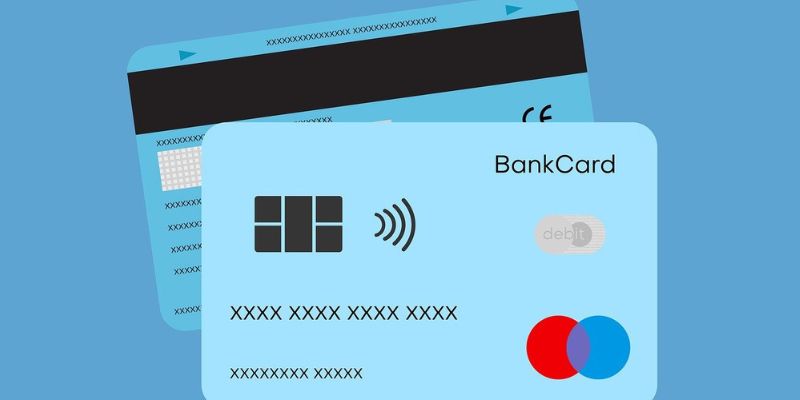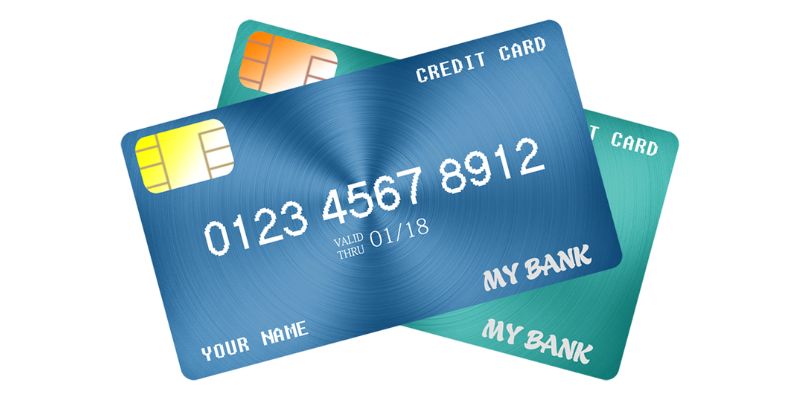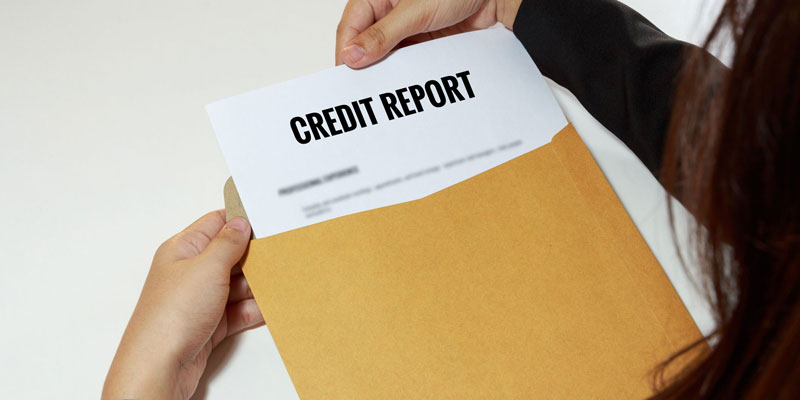While debit and credit cards are practical payment options, they have different functions and ways of working. Knowing the distinctions between the two will enable you to choose wisely which one to employ in other circumstances. This post will examine the subtle differences between debit and credit cards, contrasting their features, advantages, and possible disadvantages.

Credit Cards:
A credit card is a financial instrument issued by banks or other financial institutions, enabling the cardholder to borrow money for purchases or cash advances up to a predefined limit. Essentially, you are borrowing money from the credit card issuer when you use it, and you promise to pay back the borrowed amount plus any associated fees and interest.
Debit Cards:
In contrast, a debit card enables you to make purchases straight from your checking account, which is connected to it. The money is instantly taken out of your checking account balance when you purchase or withdraw cash from an ATM using a debit card. Debit cards allow you to spend money already in your account; this contrasts with credit cards, which require borrowing money.
Key Differences:
The significant differences between both are:
Source of Funds:
This is the primary way that credit cards and debit cards differ from one another. You're borrowing money when you use a credit card and have to pay it back eventuallyusually within a payment cycle. On the other hand, you are using your own money when you use a debit card because it takes money straight out of your bank account.
Spending Limits:
The most significant amount you can borrow with a credit card is its predetermined credit limit. This cap is determined by examining several variables: income, credit history, and financial profile. Debit cards, on the other hand, depend on the amount available in your checking account. Debt accumulation is prevented since you can only spend the amount in the account.
Interest & Fees:
You may be subject to interest charges if you use a credit card and carry a balance past the grace period, generally between 21 and 25 days. Credit cards may also come with other fees, such as yearly or late payments. However, debit cards usually do not charge interest since you are using your money.
Some Tips For Choosing The Right Card:
The decision between using a credit card or debit card depends on various factors, including your financial habits, goals, and preferences. Here are some considerations to help you choose the right card:
Financial Discipline:
You are using a debit card, which restricts your spending to the amount available in your account, which may be a safer option if you tend to spend less or carry a load from month to month. On the other hand, a credit card can provide advantages like rewards points, cashback, and travel privileges if you can responsibly manage credit and pay off your obligations in full each month.
Developing Credit:
Responsible credit card usage might help you create or enhance your credit history. Seek credit cards designed for people with little to no credit history, and concentrate on paying your bills on time and maintaining a low credit utilization ratio.
Benefits & Rewards:
Credit cards frequently have reward programs that let you accrue miles, points, or cash back for the things you buy. When selecting a rewards credit card, consider your tastes and spending patterns. You should also examine various cards' features, redemption availability, and annual fees (if any).
Which Is Better, A Debit Card Or A Credit Card?
Choosing between debit and credit cards depends on your financial needs and habits. A debit card is suitable for smaller purchases and offers the advantage of spending only what you have in your account, minimizing the risk of overspending or accruing debt. However, there may be better options for significant expenses that exceed your account balance or for purchases you prefer to pay off gradually.
On the other hand, a credit card can be beneficial for more considerable expenses or emergencies, as it provides borrowing flexibility and allows you to spread payments over time. Additionally, be mindful of potential overdraft fees associated with debit cards. Choosing between debit and credit cards depends on your financial circumstances and preferences.

Is A Credit Card Good Or Bad?
The impact of a credit card largely depends on how responsibly it's managed. Timely payment of credit card bills maintains a good credit score, while late payments can adversely affect it. Therefore, whether a credit card is beneficial hinges on responsible usage. When used responsibly, a credit card can indeed be advantageous. It offers convenience, helps build credit history, and provides financial flexibility.
Which Is Safer, Debit Or Credit Cards?
Credit cards typically provide enhanced security measures against fraud compared to debit cards. They offer better fraud protection by limiting cardholder liability for unauthorized transactions. Federal laws and issuer policies often cap liability for fraudulent charges on credit cards at $50, and many issuers extend zero-liability policies.
Credit card transactions can be contested more efficiently, and money is not immediately taken out of your bank account, protecting you against unapproved charges. Although credit cards and debit cards offer some degree of security, they typically come with more robust security features, making them a safer option for transactions vulnerable to fraud.
Summing Up!
While both credit and debit cards provide easy ways to make purchases and handle money, they have different uses, features, and things to remember. Determining which card to use can be facilitated by being aware of the differences. Whether you choose to control your spending with a debit card or the borrowing flexibility of a credit card, the key to optimizing the advantages and lowering the hazards of each payment option is sound money management.




